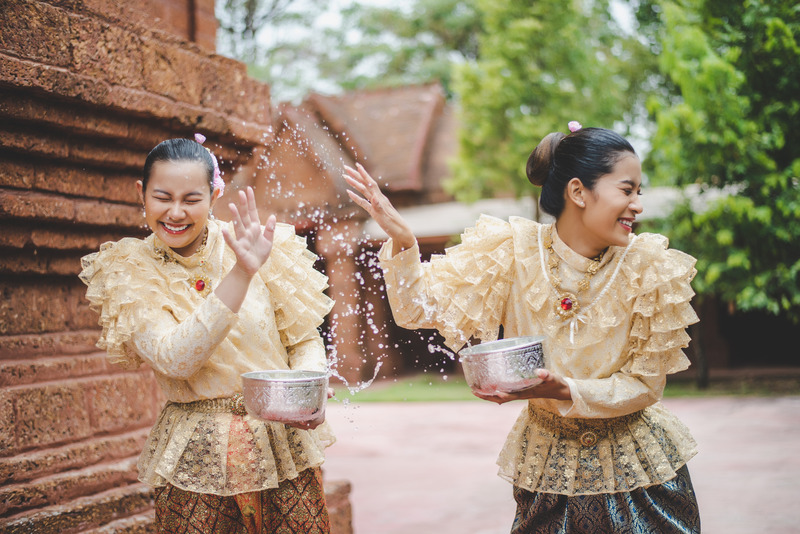A cascade of fun from water balloon fights, water guns and hoses aimlessly shooting, and extensive gallons of buckets drench the streets of Thailand for one special occasion: Songkran Festival.
The Thai people eagerly await April to roll by fully. How could they not?
Rice is harvested in its tantalising splendour—it’s also the kick-off to the New Year celebration from the 13th to the 15th of April.
This highly-anticipated festival marks the beginning of the traditional Thai New Year and is a vivacious period full of joy and deep spirituality for them. In recent years, a colourful crowd specifically jetted to Thailand to join in the splash.
Will you be part of that crowd? We can tell you’re excited about the Songkran Festival. But before you start planning your Thailand trip, let’s familiarise yourself with what Songkran is all about…
Origins of Songkran
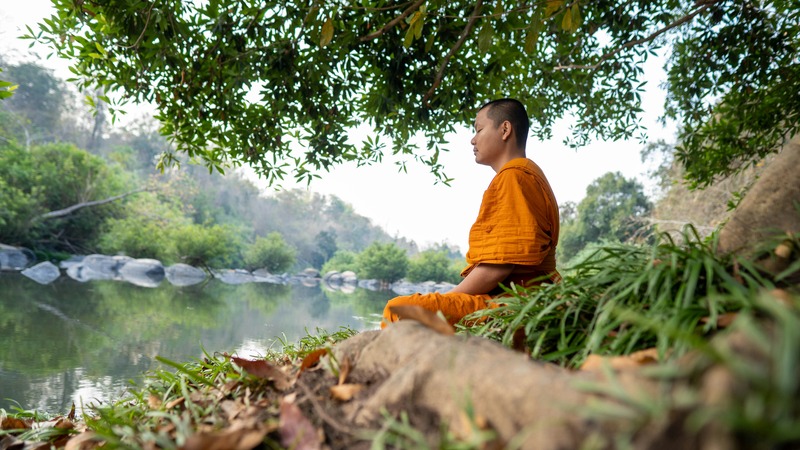
Songkran is identified as the largest water festival in the world and one of the most anticipated annual celebrations for sightseers. The famous water fight tradition originally began with people splashing water used to cleanse Buddha statues, believed to bring blessings and good fortune for the new year. Over time, the water-throwing evolved to illustrate washing away bad luck from the previous year.
The word “Songkran” itself is Sanskrit for “movement” or “passing”, which is why one tradition includes visiting family members. Thai people also pray and pour water over Buddha statues at temples, then offer food or new robes to the monks.
Celebrate Songkran like the Thais
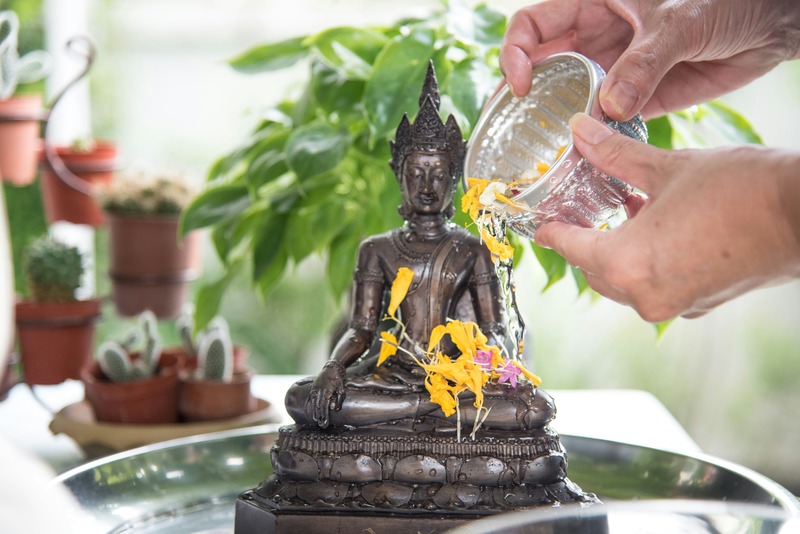
The whole wanderlust dream springs to life with a series of activities such as paying respect to monks, honouring elders, cultural performances, building sand pagodas, releasing birds and fish, and of course, enthusiastic water fights.
Traditionally, Songkran is a time for family gatherings as well as to convey reverence to Buddha, elders, and ancestors. The three-day celebration is structured as follows:
Day 1 is for honouring the elderly and is officially recognised as Thailand’s National Elderly Day.
Day 2 is Family Day, where families reunite.
Day 3 is Bathing the Buddha ritual, which involves gentle pours of fragrant water Buddha statues at temples and in homes.
The water-splashing isn’t just playful fun—it also has symbolic meaning, representing the washing away of sins. For tourists, joining in offers a fun and cultural experience.
Songkran hit new heights of attention after being recognised as an Intangible Cultural Heritage by UNESCO in 2024. Other Thai traditions on the list include the Khon Mask Dance (2018), Thai massage (2019), and Nora Dance-Drama (2021).
Dos and Don’ts to enjoy Songkran
Now that you have a better idea of what to expect throughout the festival, you can get planning based on the tips we have provided for you below:
A strategically located hotel is vital
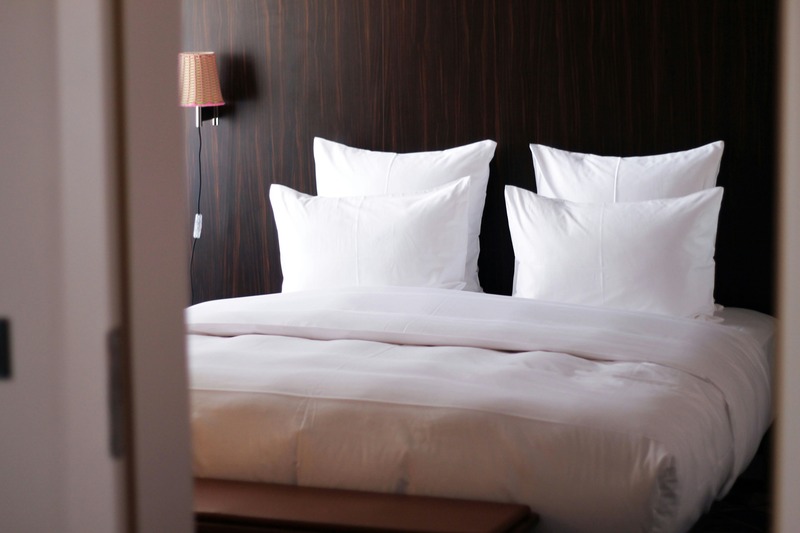
Find a hotel near the festival area of your chosen city. This is a vital step because it’s almost nearly impossible to stay dry during the festival! Prepare to get soaked from all directions once you hit the streets. Therefore, there’s a chance you’d want to retreat and dry off momentarily before you return to the fun hassle-free.
Don’t buy water guns on the day of the festival
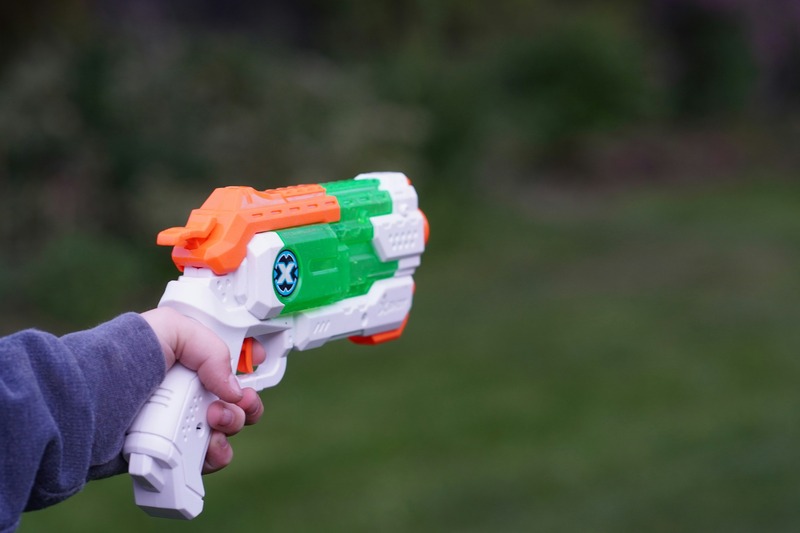
Water guns are sold at markets, minimarts, and supermarkets a few days before the festival commences. Buy them before 13th April to avoid inflated prices. You may even want to get more than one—the tanks on most guns are small and run out fast. Consider buying one with a strap to hang it on your shoulder while staying mobile.
Expect to be in a sea of people
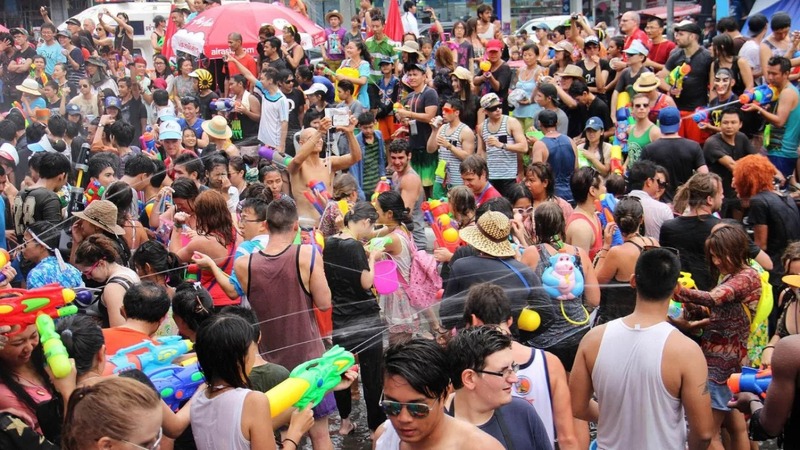
Everyone’s splashing, moving unpredictably, and in high spirits. Expect to get bumped into, and don’t take it personally. Just enjoy the chaos and remain calm. However, avoid spraying those eating and never throw water balloons from above—those can hurt.
Opt for one of the three festive cities
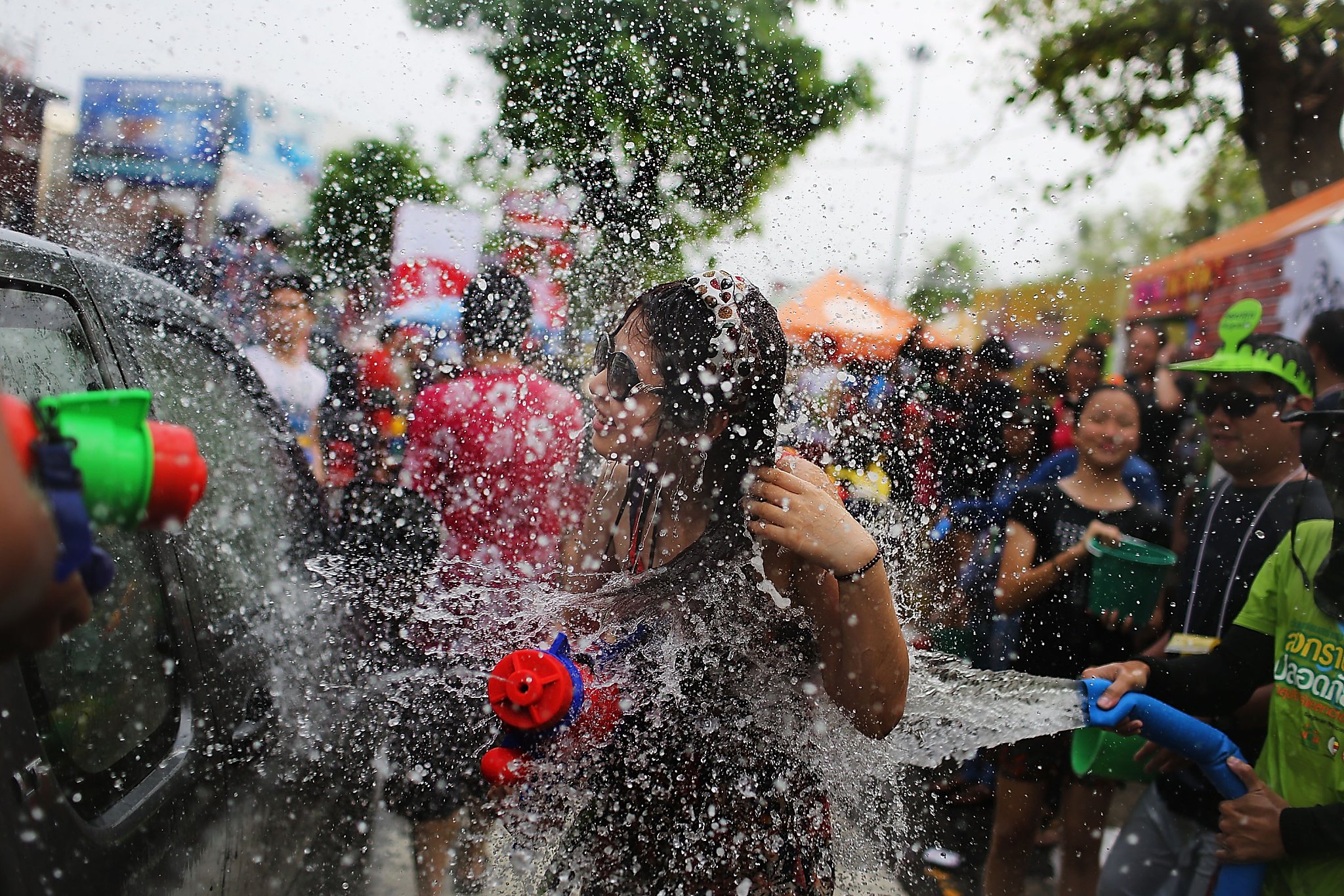
Bangkok, Chiang Mai, and Phuket are the most lively cities crowded with tourists with a high guarantee of the best experience, despite every Thai city celebrating Songkran.
Khao San Road, Rattanakosin Royal Square, Phra Athit Road, Santhichaiprakan, and Wisut Krasat turn into epic water fight zones in Bangkok. Meanwhile, you can catch a glimpse of locals pouring scented water on Buddha statues and elders in Chiang Mai, aside from the city parade. Phuket, furthermore, completely transforms; water tank trucks line the streets, ready to drench anyone and everyone. The liveliest spots are Patong Beach, especially Bangla Road and Beach Road.
Secure your electronics with waterproof cases
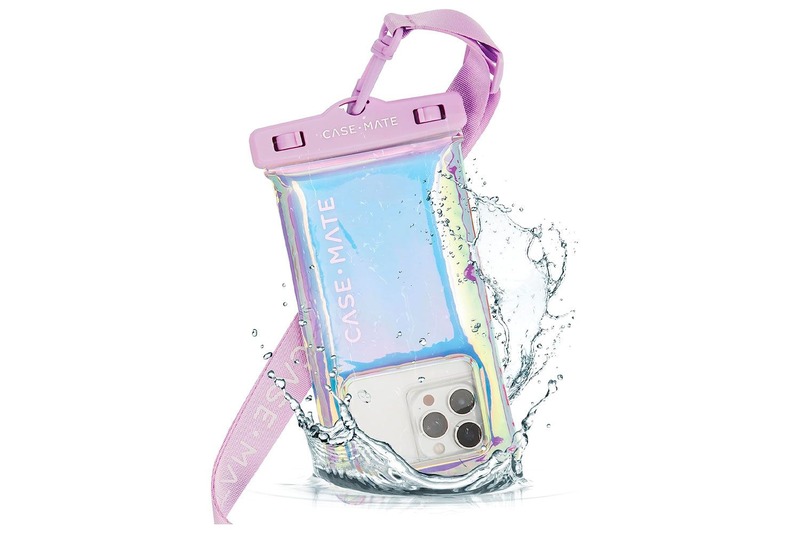
You wouldn’t want your electronics to get soaked too, right? If leaving a douse of technology is unrealistic or you simply can’t let your phone go, then store them in waterproof cases. But even then, be careful—crowds can be chaotic and accidents happen.
Wear the right clothes
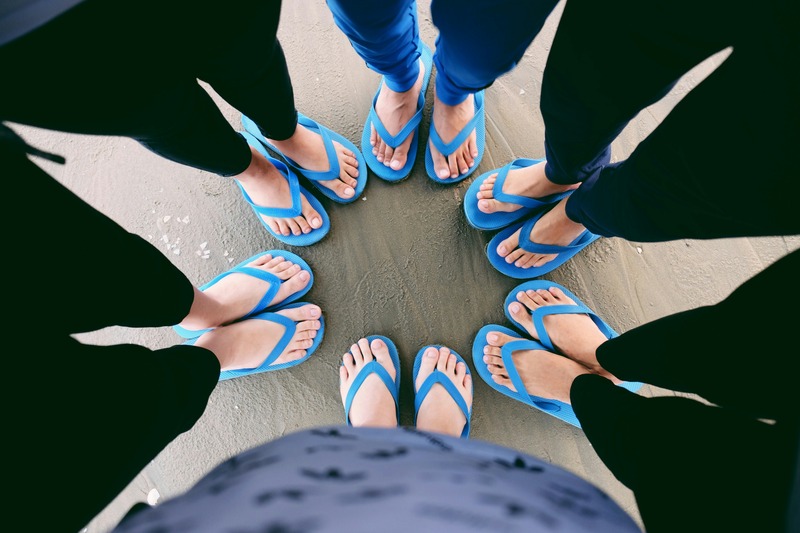
You’re a target once you’re outdoors. Choose dark-coloured, slightly thick clothes to avoid anything see-through when wet. Footwear matters too. Avoid shoes since they are uncomfortable when soaked. Flip-flops are your best friends for comfort and practicality.

